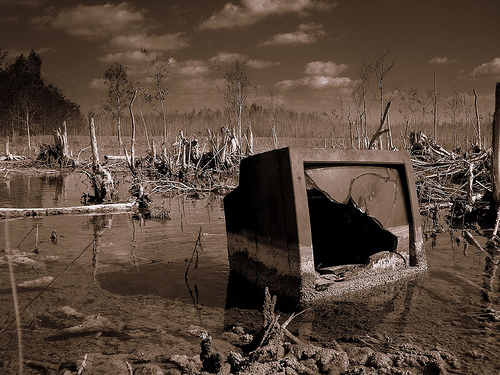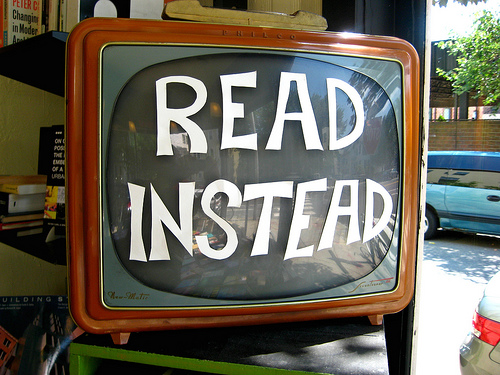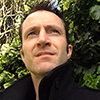TV Trains You To Expect The Worst
I was watching an episode of United States of Tara the other day when I had something of a realisation.
In case you don’t know the show, here’s the back story. Tara is a woman with dissociative identity disorder (aka multiple personalities). For the sake of TV, they are 5 (or 6) very distinct & endlessly trouble making identities. A key part of the show, of course, is the actual woman herself (played by the incredibly talented Toni Collette) trying desperately to keep her life together despite the chaos sown by her sub personalities.
In the episode I watched, she’d been taking her drugs regularly, & all her sub-identities had disappeared for several months. The family declared her life permanently changed, and everything was wonderful… for the first 15 minutes of the 22 minute show.
I sat there through this wondering why my entire body was tense. As far as everything on the screen, the family was getting on well, things were humming along, and life was normal.
So why was I stressed?
Then I realised. I was waiting for something to go wrong. Which eventually, of course, it did.
Stepping back from this particular show, I realised a deeper (yet in hindsight obvious) truth: TV Drama thrives on.. well.. drama.
If something isn’t going wrong, there’s no story.
Stepping back again, this applies to comedy, horror, thriller, reality TV… in fact, every genre other than educational or documentary TV.
Why? Because drama of some form is a critical part of telling a story, any story.
If the hero/protagonist doesn’t have something to overcome, how can they prove they are (or become) a hero?
Jack Bauer of 24 is the perfect (& thus oft caricatured) example of this, of course.
In other words, something must necessarily always go wrong. No matter how great things seem, something bad is always about to happen.
The real issue here is this. Time watching TV is, in a very real sense, time spent training our brains to operate in a certain way.
For example, we take it for granted, but when multiple camera TV first appeared, people had to retrain their brains to understand that shots from different angles were all telling the same story, & how to piece it all together into one linear narrative. Seeing things from multiple angles at once isn’t something that happens to our brains normally (let alone fades, swipes, crabbing, zooms, etc).
Why is this suddenly all so clear to me? Because I have been wondering recently why my entire life I’ve always been expecting things to go wrong.
Thanks TV!
At this point, I am undecided about movies – their one-off nature & longer running times have more opportunity for flexibility & depth in story telling (eg, starting with something bad having already happened & climbing out of it from there – eg Shipping News), but I think it’s safe to say my days of watching a lot of TV are over (except maybe Doctor Who, heh).



